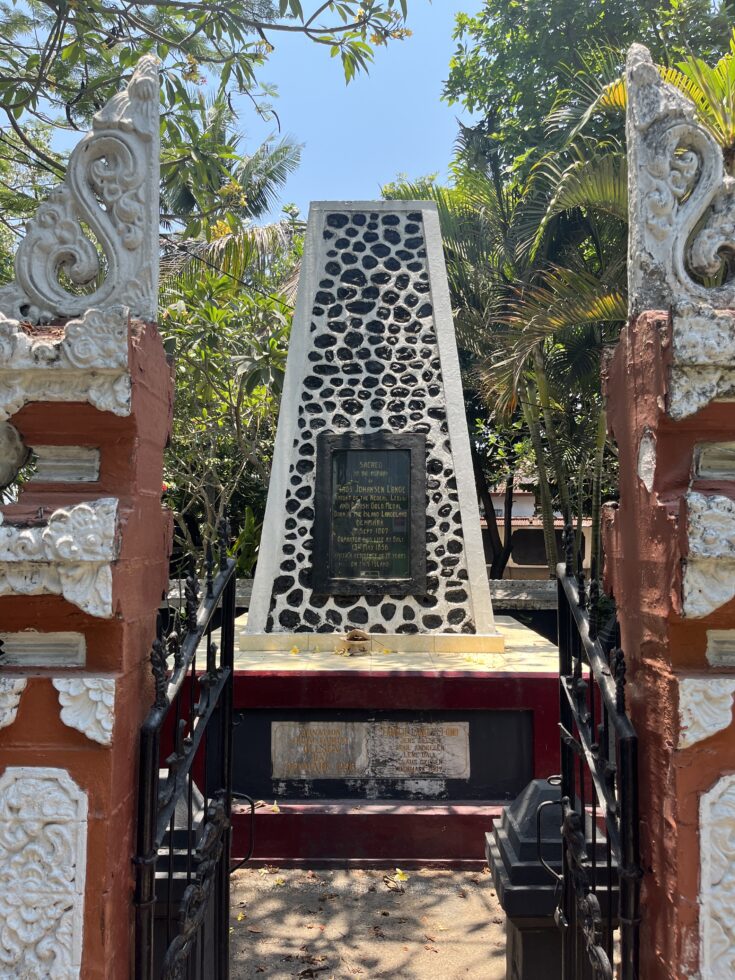
Mads Johansen Lange, was born on May 6, 1807, in Denmark. He led a remarkable life as a seafarer and trader, and was later known as the King of Bali.
His ventures took him to Bali in 1839, where he quickly became a prominent figure in the island’s trading scene. Known for his business insight, Lange established successful trade routes, dealing in spices, coffee, and textiles. He quickly earned the respect of both the Balinese locals and European traders.
Becoming the “King of Bali”
Lange’s understanding of Balinese politics and society allowed him to build strong relationships with the local nobility and rulers. His influence grew, earning him the title “Raja,” or King of Bali, among the islanders. Despite his controversial reputation, Lange’s impact on Bali’s history was undeniable.
In addition to his trading pursuits, Lange became a cultural patron, supporting local artists and craftsmen. His contributions helped preserve traditional Balinese arts, fostering a flourishing artistic community. Today, Bali’s vibrant arts scene stands as a testament to Lange’s legacy.

In the memory of Mads Lange
Tragically, Lange’s life was cut short in 1856 when he was assassinated. Despite his untimely demise, his memory lives on in the collective consciousness of the Balinese people. He is remembered as a skilled businessman and a ruler who appreciated the local culture. His story continues to serve as a reminder of Bali’s rich historical tapestry.
Even today, there’s a memorial site in Bali dedicated to the Dane. Upon my arrival, I find the gate locked. However, not long after I get there, a local woman approaches me and asks if I want to go inside.
“Not many people come here after Covid,” she shares, kindly inviting me to sign the visitor book for the Mads Lange Memorial site. A book that likewise stands as a testament to the impact the Dane made on the island.”



Amazing, Allan. That is little known, indeed!
His daughter would go on to marry Johor royalty and is thus an ancestor to the Malaysian king to be, the Sultan of Johor